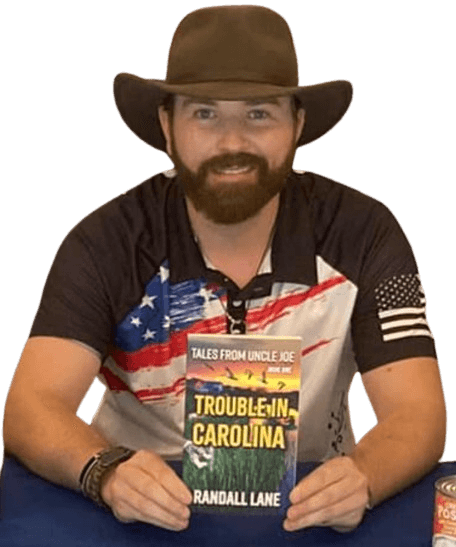We recently connected with Randall Lane and have shared our conversation below.
Hi Randall, thank you so much for making time for us today. Let’s jump right into a question so many in our community are looking for answers to – how to overcome creativity blocks, writer’s block, etc. We’d love to hear your thoughts or any advice you might have.
Yeah, so there are a few different strategies I use to avoid writer’s block. Whenever I start feeling the creative juices waning, I will take a short break from writing and get lost in a good book similar to the story I’m trying to write. I find reading good literature that I aim for my stories to be like helps inspire me and keep the creative juices flowing. I may also watch a good movie or TV show to help provide ideas as well. And I never go anywhere without a notepad. There have been numerous times I’ve felt stuck in my writing but something I witnessed or heard in real life sparked an idea to get me past the hump. I also never end my writing for the day without having at least a scene or two plotted out for the next day’s work. That way I never have to come to an empty page. There are always a few notes from the day before to guide me in the right direction so I know where to pick the story up and how to arrive at the next checkpoint.
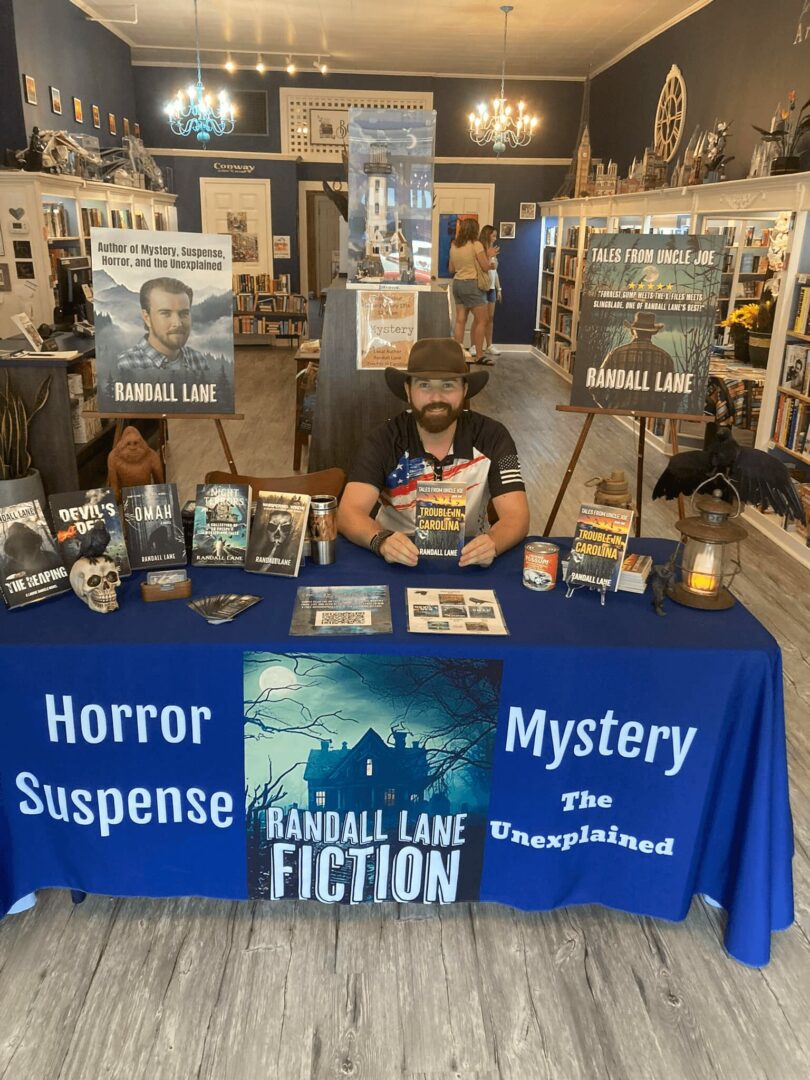
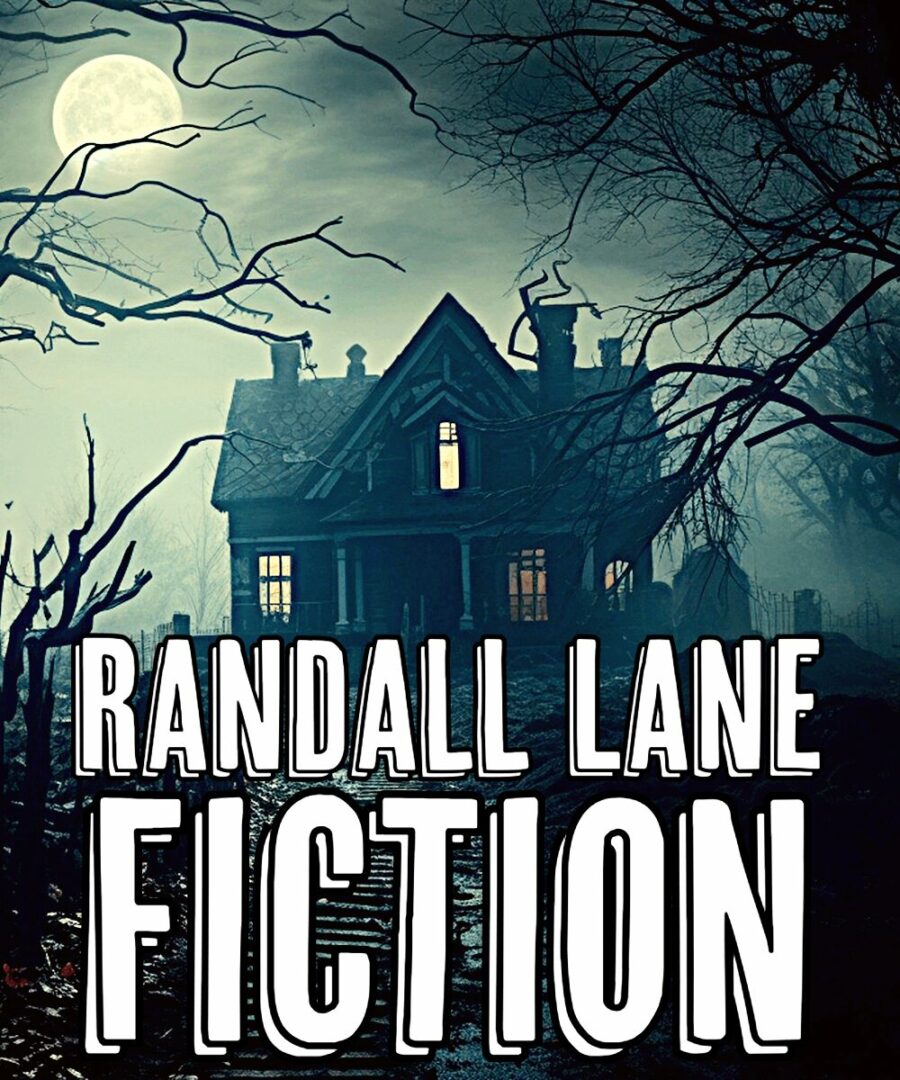
Thanks for sharing that. So, before we get any further into our conversation, can you tell our readers a bit about yourself and what you’re working on?
Sure thing. So growing up, I was always kind of bent towards anything creepy or unexplained. My family tells me my nickname as a toddler was “Monk-Monk” because I would go around pointing under the beds and couches saying “Monk-Monk.” They say “Monk-Monk” was my word for monster and that I was trying to tell them a monster was hiding under the bed and couches. I loved watching scary movies and shows and was a massive fan of RL Stine’s Goosebumps. I also enjoyed watching Sylvia Browne on the Montel Williams show talk about ghosts and other things related to the paranormal or supernatural. Most of my family are horror fans as well, so we were always watching a creepy movie, or Unsolved Mysteries, Tales from the Crypt, The Twilight Zone, The X-Files, you name it. My aunt is a huge horror fan herself, and as I was growing up, she lived in Key West but would visit us once or twice a year in South Carolina. Our ritual was to pick her up from the airport, grab some good Mexican food, and make a Blockbuster run for some scary movies. So, as you can see, the horror genre is something I’ve sort of grown up with and is a big part of who I am.
It wasn’t until my sophomore year of college that I began writing fiction of my own. I was in a poetry course which happened to be an elective. I remember it was a fall semester because it was around Halloween, and our professor had us read a lot of Edgar Allan Poe, Charles Dickens, and Robert Frost. For two weeks in October, he had us focus primarily on writing horror and mystery-themed poems. It was during this time that I had my first taste of creating those creepy, atmospheric settings, and is where I learned to really make the words flow so they become like candy to the ears. It wasn’t until three years later after a cross-country road trip to Northern California that I found myself inspired to make my first attempt at writing a novel. It was at this point, I felt a fire ignite within me that continued to burn hotter with each passing day. While writing my first novel, I took a deep dive into the craft of writing and began devouring every horror, mystery, and suspense novel I could get my hands on. I also read countless writing books, watched hundreds of YouTube videos, attended numerous writing conferences, and joined several writing groups. By then, I had fallen completely in love with the writing process as a whole. Seven years later, the fire still burns hot, and I can proudly say I am the author of five novels, six novellas, and over three dozen short stories. That’s not to mention the three-inch binder full of notes for over thirty story titles, plots, and characters I am constantly adding to each week. I continue to be a student of the craft and am an avid reader myself. Writing is my passion, and I am excited to see where the journey leads.
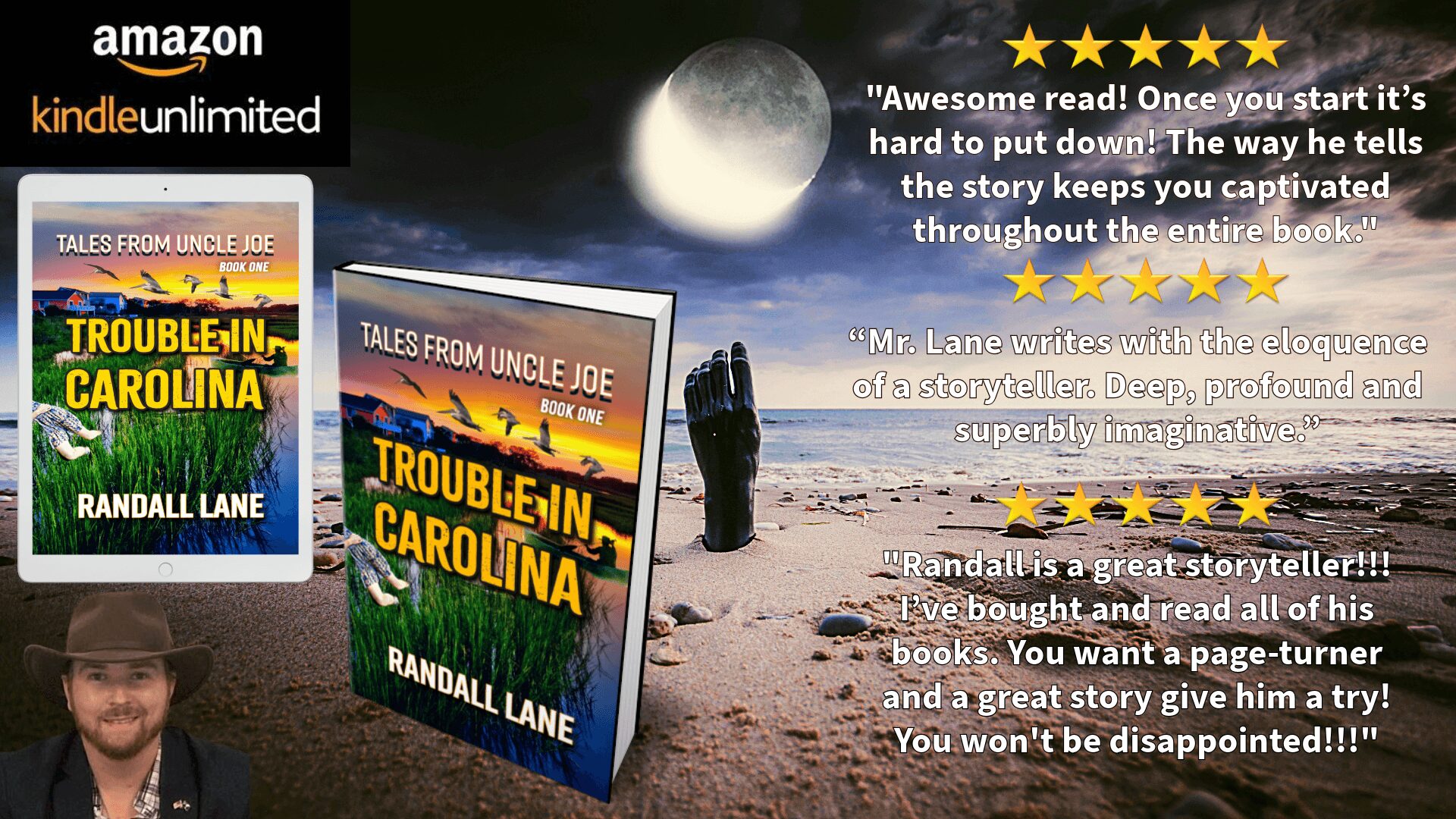
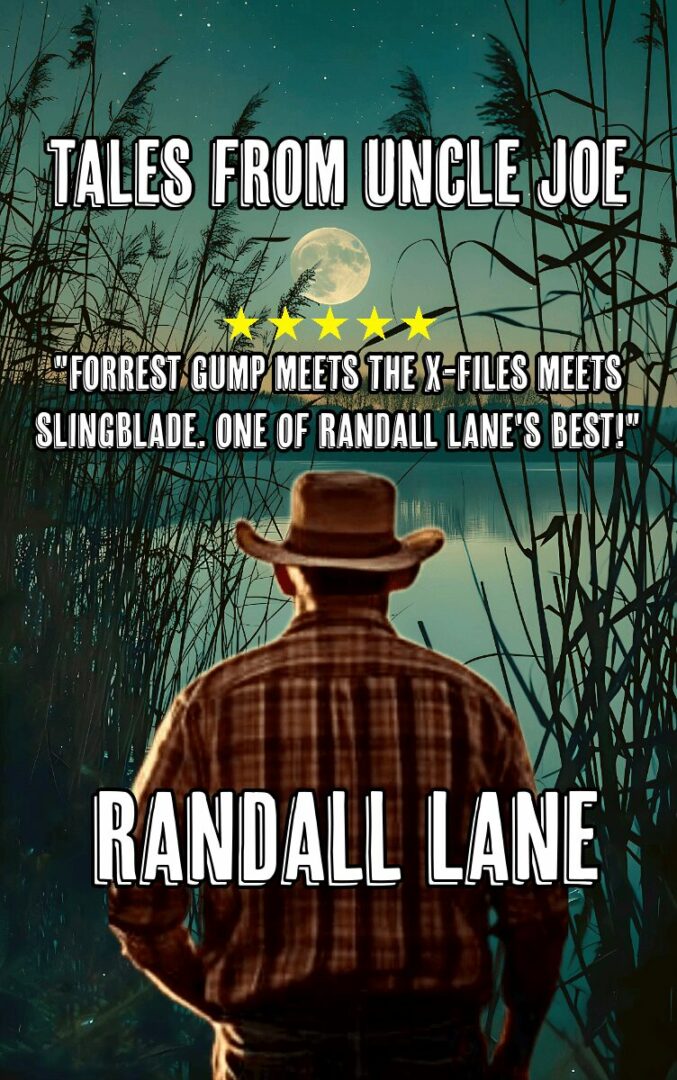
There is so much advice out there about all the different skills and qualities folks need to develop in order to succeed in today’s highly competitive environment and often it can feel overwhelming. So, if we had to break it down to just the three that matter most, which three skills or qualities would you focus on?
There have definitely been some ups and downs along the way. I just try to enjoy the journey and continue writing what I love. A big struggle I faced early on in my writing career was feeling the need to be perfect with everything I wrote. I learned I am the most creative when I release myself from the trap of perfection. I’ve learned that my first draft doesn’t have to be perfect, but it does need to be written. Meaning, I can’t edit a blank page. It’s amazing how fast the creative juices begin to flow when you allow yourself to write freely without the chains of perfection. The 2nd and 3rd drafts are where I’ll begin to clean things up, but the first draft is simply getting my ideas and the images in my head down to the page. It’s the 2nd and 3rd drafts where things start to take shape and it looks like I knew what I was doing.
My advice for anyone looking to begin their author journey is to never forget why you chose to write in the first place. Always write what you love and are passionate about. I believe wholeheartedly that your love and passion for what you do will bleed onto the page so the reader can connect with your characters and story in a special way. A lot of people will not understand why you do what you do and that’s okay. Just keep writing and pouring your soul into your work. If your stories bring you and your readers joy, don’t ever stop. Have some determination and perseverance because one day you’ll look up to find a tribe of followers who share the same passion and ideas and they will be avid fans of your work for life. Stay true to yourself and always, always, always, write from the heart.
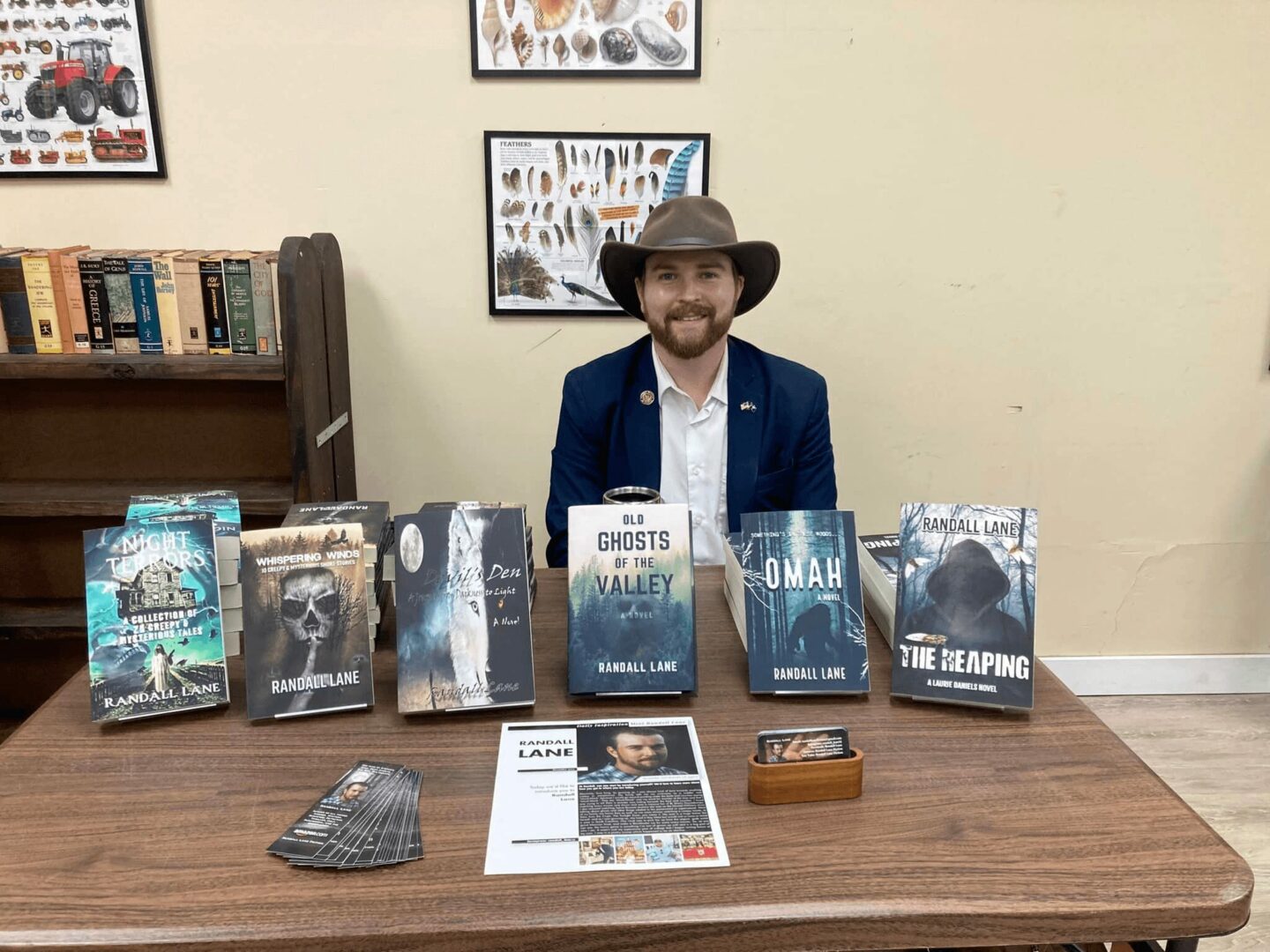
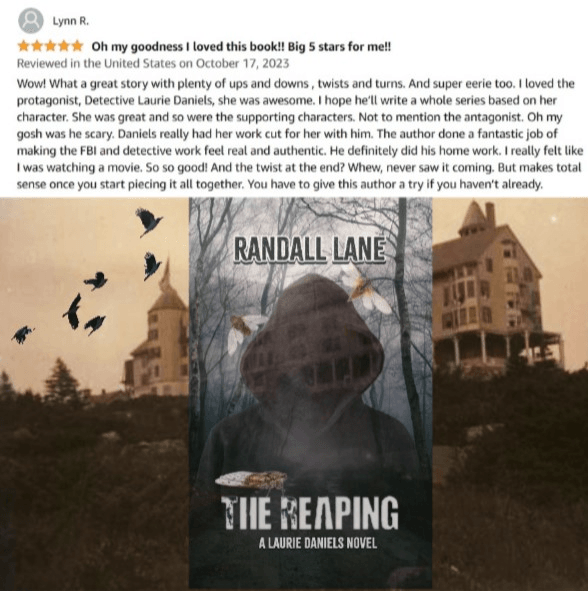
Thanks so much for sharing all these insights with us today. Before we go, is there a book that’s played in important role in your development?
There has actually been two books that have been equally as impactful in my life. The first would have to be On Writing by Stephen King and the second would be Story Trumps Structure by Steven James.
For On Writing, I think my biggest takeaway from that book would be to always write with a closed door and edit with an open door. Meaning, in the first draft you don’t even think about editing or asking for someone to edit. The goal for this draft is simply for you to get everything down on paper to see what you’re working with. It is supposed to be messy and rough. King also talked about the first draft being like digging for fossils. You know something worthwhile is buried beneath the surface but you don’t quite know exactly what it is and what kind of shape it’s in. It isn’t until you’ve brushed off all the dirt and muck you can get a good idea of what you have. The first draft is simply you brushing the dirt off so you can see what you’re working with. Once you’ve done that, then you can open the door to allow others to examine your work and begin polishing things up. And one quote that has always stuck with me from that book is “Never come lightly to the blank page.” I try to keep that quote front of mind by respecting the craft and the magic of writing.
For Story Trumps Structure, my biggest takeaway was worry = suspense, and don’t ask what should happen next, rather ask what can go wrong next. When Steven James talked about worry = suspense, he discussed how the more you can make the reader care and relate with your characters the more they will worry about them when things go wrong. The more they worry about the characters, the more suspenseful the story will authentically become. I also learned to not ask what should happen next but what can go wrong next. This idea helps with pacing and suspense. If the character has everything fall into place for them without facing any challenge or conflict, the reader will start losing interest because it feels like the story isn’t moving toward a high-stakes climax. The more things go wrong, the more challenges the characters will face which causes the reader to worry about them and their outcome.
I highly suggest anyone who hasn’t read these two books yet, add them to your cart ASAP if you want to dramatically improve your writing. I wouldn’t be half the author I am without these two books always within arm’s length of my writing desk.
Contact Info:
- Website: https://www.amazon.com/stores/Randall-Lane/author/B07NJR1YB2?ref=sr_ntt_srch_lnk_2&qid=1722706197&sr=8-2&isDramIntegrated=true&shoppingPortalEnabled=true
- Instagram: https://www.instagram.com/randall_lane31/
- Facebook: https://www.facebook.com/randalllanefiction
- Youtube: https://www.youtube.com/@randalllane3508/videos
- Other: https://www.tiktok.com/@talesfromunclejoe
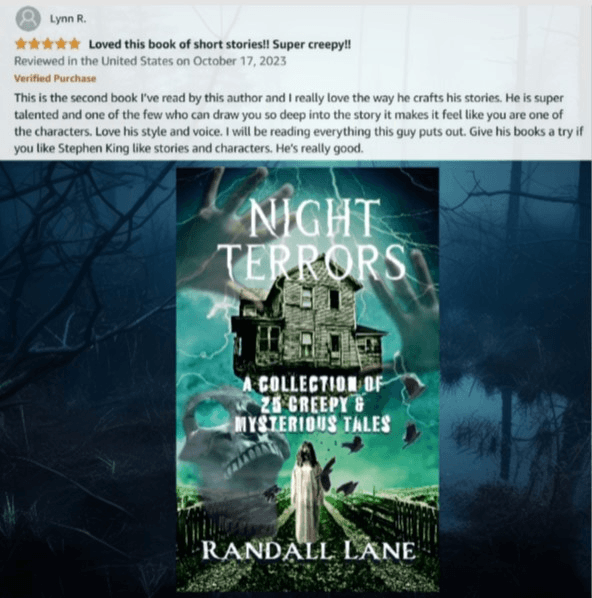
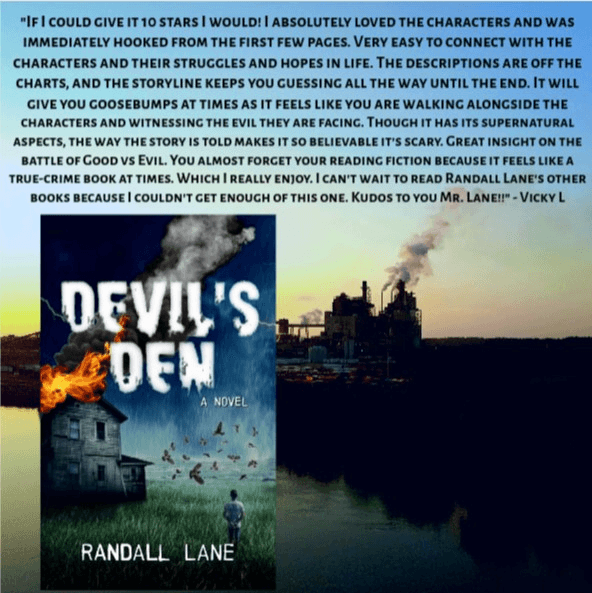
so if you or someone you know deserves recognition please let us know here.

